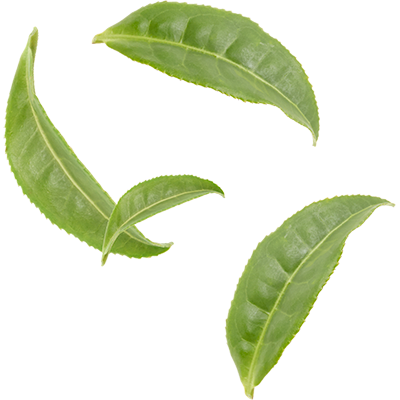Author:


If you’re someone who struggles with the burning of acid reflux, chances are you’ve tried your fair share of over-the-counter medications to help alleviate your symptoms--but you still can’t seem to overcome the burn. Natural remedies could help where traditional medicine falls flat, and ginger just might be able to provide you with the relief you have been seeking.
The medicinal properties of ginger root have been used for thousands of years to treat an assortment of health issues, including coughs, digestive problems, and arthritis. A much favored way of extracting the properties of ginger is to drink it as a tea.
Curious about what ginger tea can do for your health? Let’s look at the information and find out the possibilities.
Ginger, or Zingiber officinale, is a beloved condiment used throughout various regions for its simultaneously sweet and spicy flavor profile. Though it makes for a tasty addition to amplify any meal, ginger root has gained much traction in recent years as a dietary supplement due to the benefits it can have on your health.
Ginger can be ingested in many ways to acquire its medicinal qualities, and brewing tea from ginger root is possibly the most favored method since it produces a mildly spicy cup that helps to warm you right up.
Consuming ginger is entirely safe when done in moderation. Appropriate amounts of ginger can work to ease symptoms of sickness, but overdoing it could result in your symptoms getting worse, so be mindful about how much you take.

Though ginger root offers a range of benefits for your well being, the most prominent aspect of the plant might be its effects on digestive health and curing stomach ailments. Many cultures have favored ginger to combat problems with digestion and gut health due to its capability to do a lot more than simply soothe your nausea. Some of its amazing properties may surprise you.
Ginger tea is rich in antioxidants and contains compounds that work to alleviate gastrointestinal irritation and reduce the severity of contractions during gastric motility. This lessens the possibility of digestive acid flowing from the stomach up into the esophagus.
Ginger’s ability to regulate the flow of fluids in the gastrointestinal tract helps to promote the absorption of food and excess stomach acid, offering relief to some factors that contribute to acid reflux. The more fluids your body is able to absorb and get nutrients out of, the less chances there are for inappropriate levels of buildup to occur.
The effects that ginger tea has on digestive health are undoubtedly positive when administered in appropriate, effective doses, but the benefits do not stop there. Ginger tea can do so much more to improve different aspects of your wellness, such as the following:

Ginger tea is certainly a great addition to your diet if you struggle with symptoms of acid reflux, but it alone can only do so much. If you want to see improvements in your digestive health, then you’ll need to take appropriate measures to alter possible unhealthy daily habits that influence your stomach health, including your diet.
Limiting your intake of certain foods, or even avoiding them altogether, is another step you can take to relieve acid reflux. Some foods can irritate parts of your digestive tract, so if you’re looking for ways to diminish these effects the best course of action is to evaluate what you put in your body.
Foods that are high in acidity or spice can upset an injured esophagus, which includes carbonated beverages, types of peppers, tomatoes, and citrus fruits. Some foods, such as caffeine and peppermint, have the potential to relax the lower esophageal sphincter and trigger acid reflux symptoms by allowing fluid from the stomach to travel back into the esophagus. It’s best to avoid foods high in fat as well, since they also contribute to acid reflux.

At the end of the day, it’s up to you to make good decisions about your wellness so that you can have a healthy and fulfilling life. Your stomach is an important part of you and you should care for it as best you can by implementing smart patterns in your daily habits. Ginger tea offers a simple way to boost your quality of life, so it might just end up being your next favorite beverage.